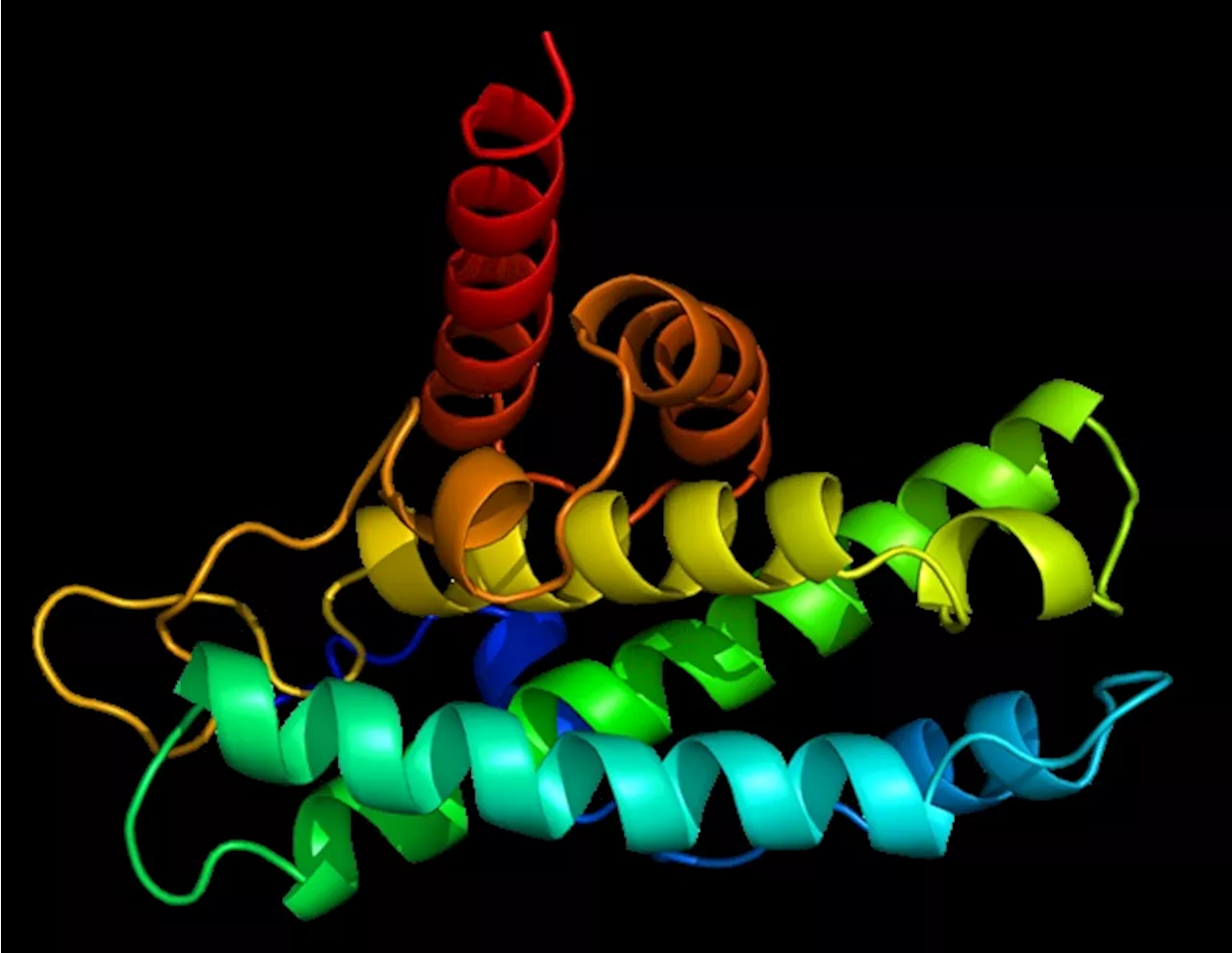New research from Sylvester Comprehensive Cancer Center at the University of Miami Miller School of Medicine suggests that one's biological age, which can be higher than his or her chronological age – a concept called accelerated aging – may predict who's at risk for developing colon polyps, a known risk factor for colorectal cancer.
University of Miami Miller School of Medicine Dec 11 2024 New research from Sylvester Comprehensive Cancer Center at the University of Miami Miller School of Medicine suggests that one's biological age, which can be higher than his or her chronological age – a concept called accelerated aging – may predict who's at risk for developing colon polyps, a known risk factor for colorectal cancer .
"Biological age is an interesting concept, and it leads to the idea of accelerated aging, when your biological age exceeds your chronological age," explained Shria Kumar, MD, a colorectal cancer researcher at Sylvester and the study's senior and corresponding author. For example, she added, if someone is 50, but his or her biological age is 55, that's five years of accelerated aging that might be reflected in overall body functioning.
Accordingly, researchers have been striving to determine the best age to begin screening for colorectal cancer. The U.S. Preventive Services Task Force has lowered its recommended starting age from 50 to 45. During a colonoscopy, the doctor can identify and remove polyps, which are soft-tissue growths that can lead to cancer. Polyps are common, affecting about 20% to 30% of adults, and removing them during colonoscopy can prevent colon cancer.
They discovered that each year of accelerated aging correlated with a 16% increased risk of developing polyps. Interestingly, the study did not link other factors, such as body-mass index and smoking history, to polyp risk. But it did find that gender was the strongest risk factor for polyps.
Colorectal Colorectal Cancer Research Aging Cancer Prevention Colon Colon Cancer Colonoscopy DNA Medicine Smoking
United Kingdom Latest News, United Kingdom Headlines
Similar News:You can also read news stories similar to this one that we have collected from other news sources.
 Area set for multi-million pound transformation with new hotel, new library and new homesProposals have also been submitted for the demolition of numerous Knowsley Council buildings in the Huyton area
Area set for multi-million pound transformation with new hotel, new library and new homesProposals have also been submitted for the demolition of numerous Knowsley Council buildings in the Huyton area
Read more »
 Comprehensive database reveals protein changes associated with agingWith the worldwide population aging at an unprecedented rate, the prevention of age-related diseases has become a prominent issue.
Comprehensive database reveals protein changes associated with agingWith the worldwide population aging at an unprecedented rate, the prevention of age-related diseases has become a prominent issue.
Read more »
 CLA voices fears over accelerated reduction in the paymentsConcerns have been raised over plans for reductions in delinked payments, which replaced Basic Payment Scheme payments, from next year.
CLA voices fears over accelerated reduction in the paymentsConcerns have been raised over plans for reductions in delinked payments, which replaced Basic Payment Scheme payments, from next year.
Read more »
 The benefits and challenges of FDA Fast-Track and Accelerated Approval in drug developmentExplore the benefits and challenges of FDA fast-track and accelerated approval programs in drug development. Learn more here.
The benefits and challenges of FDA Fast-Track and Accelerated Approval in drug developmentExplore the benefits and challenges of FDA fast-track and accelerated approval programs in drug development. Learn more here.
Read more »
 Where CPUs play in GPU-accelerated AI systemsFind out how the Intel Xeon 6 with P-Cores makes the case for the host CPU
Where CPUs play in GPU-accelerated AI systemsFind out how the Intel Xeon 6 with P-Cores makes the case for the host CPU
Read more »
 Fructose consumption linked to accelerated tumor growth in cancer modelsFructose consumption has increased considerably over the past five decades, largely due to the widespread use of high-fructose corn syrup as a sweetener in beverages and ultra-processed foods.
Fructose consumption linked to accelerated tumor growth in cancer modelsFructose consumption has increased considerably over the past five decades, largely due to the widespread use of high-fructose corn syrup as a sweetener in beverages and ultra-processed foods.
Read more »
